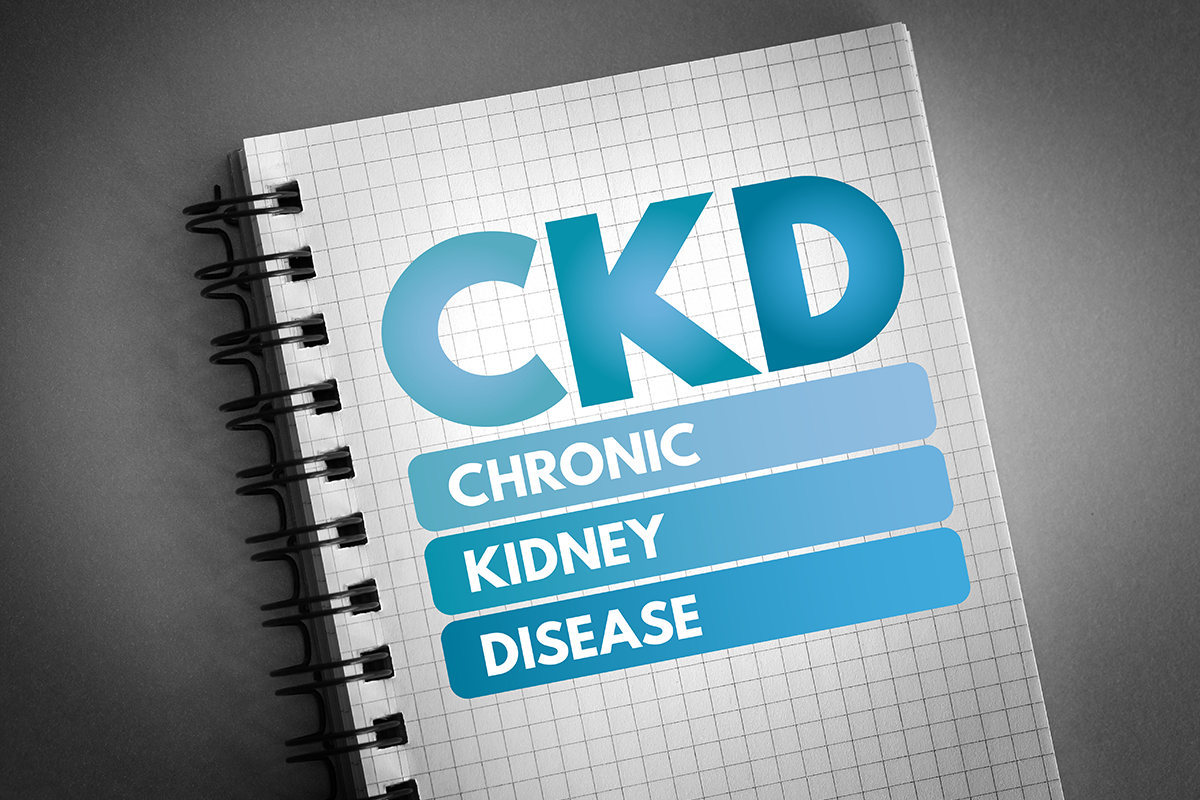
How can I protect my kidneys from my high blood sugar?
Your doctor will find out if diabetes or something else is hurting your kidneys. He or she might give you medicine to help lower your blood pressure or blood sugar level (also called your A1C level). The most important things you can do are:
- Keep your blood pressure lower than 130 over 80.
- Keep your A1C level below 7 percent.
- Stick to your diet. Ask your doctor how many calories and how much carbohydrate and protein you should eat.
- Exercise every day.
- Check your blood sugar level often.
- Take the medicines your doctor prescribes for you, and check with your doctor before taking any new medicines. This includes vitamins, herbal medicines, and over-the-counter medicines.
- Keep all of your doctor appointments.
What can I do to help my kidneys?
It is important to stay away from things that can hurt your kidneys. You might need to:
- Stop smoking
- Keep your blood sugar at a healthy range if you have diabetes
- Lower your blood pressure to healthy levels through diet, exercise, and medicines
- Lower your cholesterol
- Maintain a healthy weight.
- Take medicine to slow down damage to your kidneys
- Avoid medicines called nonsteroidal anti-inflammatory drugs (or NSAIDs).
Examples include ibuprofen (brand names: Advil, Motrin) and naproxen (brand name: Aleve).


Where can I learn more about chronic kidney disease and treatment options?
To replace your lost kidney function, you may have one of three treatment options:
End-stage renal disease (ESRD) is kidney failure that is treated by dialysis or kidney transplant.
Use links below to read more on the subject and do not hesitate to ask your PCP if you would benefit from a referral to a kidney specialist or to be part of a clinical trial.
AAFP's Patient Information Resource
https://familydoctor.org/condition/chronic-kidney-disease-ckd/Medline Plus
https://medlineplus.gov/chronickidneydisease.htmlNational Kidney Disease Education Program
http://nkdep.nih.govNational Kidney Foundation
http://www.kidney.orgTo find Clinical Research studies in your area, please visit:
https://www.clinicaltrials.gov/Also, do not hesitate to contact us directly to see if you qualify for one of our ongoing studies.
